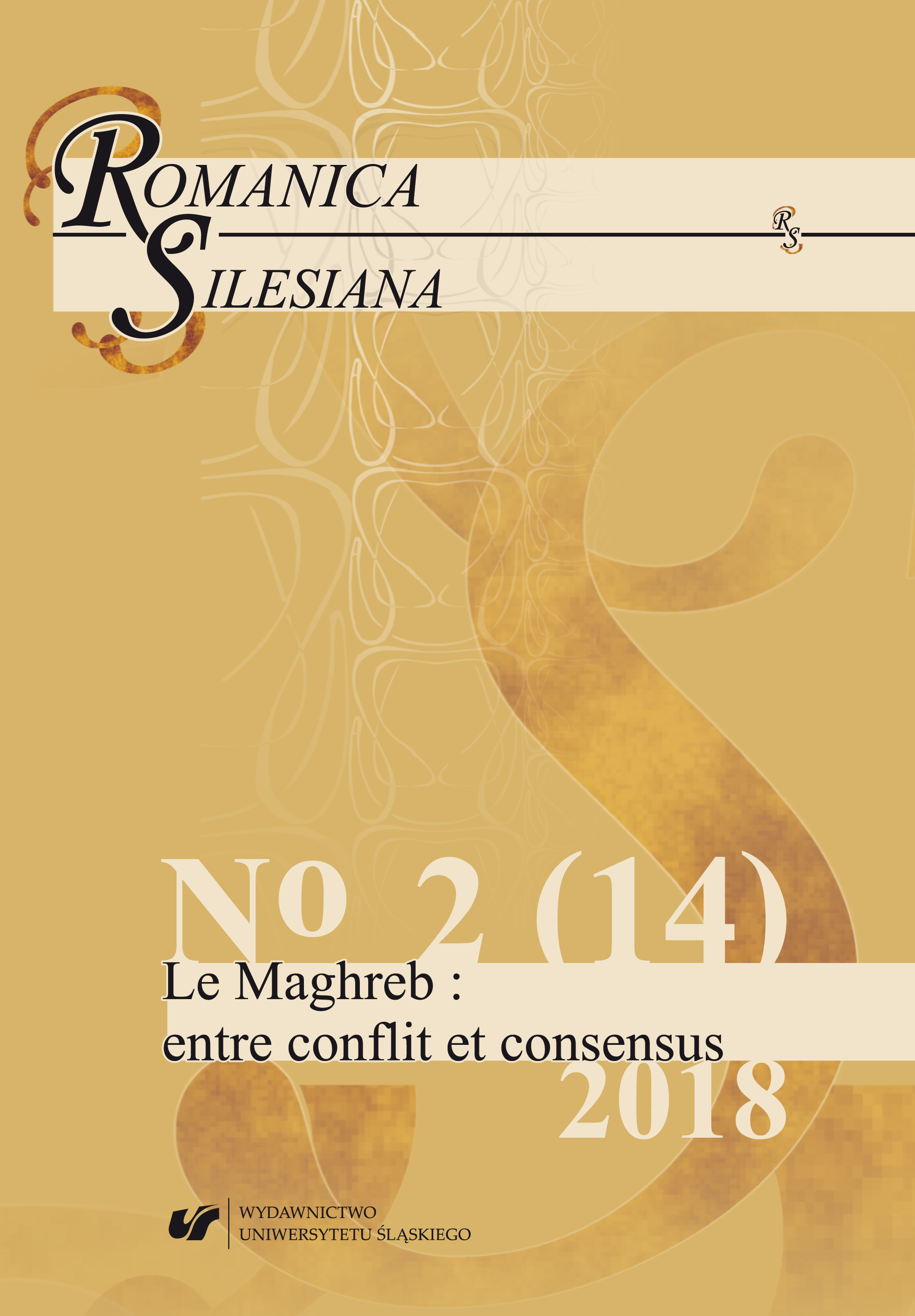La dystopie musulmane en tant qu’expression du conflit. L’exemple de “2084 : La fin du monde” de Boualem Sansal
Muslim Dystopia as Expression of Conflict. The Example of „2084: La fin du monde” by Boualem Sansal
Author(s): Ewa DrabSubject(s): French Literature, Theory of Literature, British Literature
Published by: Wydawnictwo Uniwersytetu Śląskiego
Keywords: Boualem Sansal; conflict; dystopia; totalitarianism; George Orwell
Summary/Abstract: The present paper aims at describing Boualem Sansal’s 2084: La fin du monde (2084: The End of the World) in terms of dystopia used to address the question of conflict rooted in the totalitarian ideology. The author focuses on the creation of a dystopian society whose main characteristics, such as control, propaganda or abuse of power, help to portray the divisions introduced by the state and impacting upon the oppositions within and outside the system. Hence, a brief description of the novel’s setting is followed by the outline of three types of conflict: individual, internal and external. Then, the importance of dystopian poetics in the context of the West-Middle East opposition is stressed, which allows to proceed to the interpretation of particular threads of the book. The final part of the reflection compares 2084 with 1984 by George Orwell in an attempt to decide if any consensus is achievable.
Journal: Romanica Silesiana
- Issue Year: 2/2018
- Issue No: 14
- Page Range: 62-71
- Page Count: 10
- Language: French

